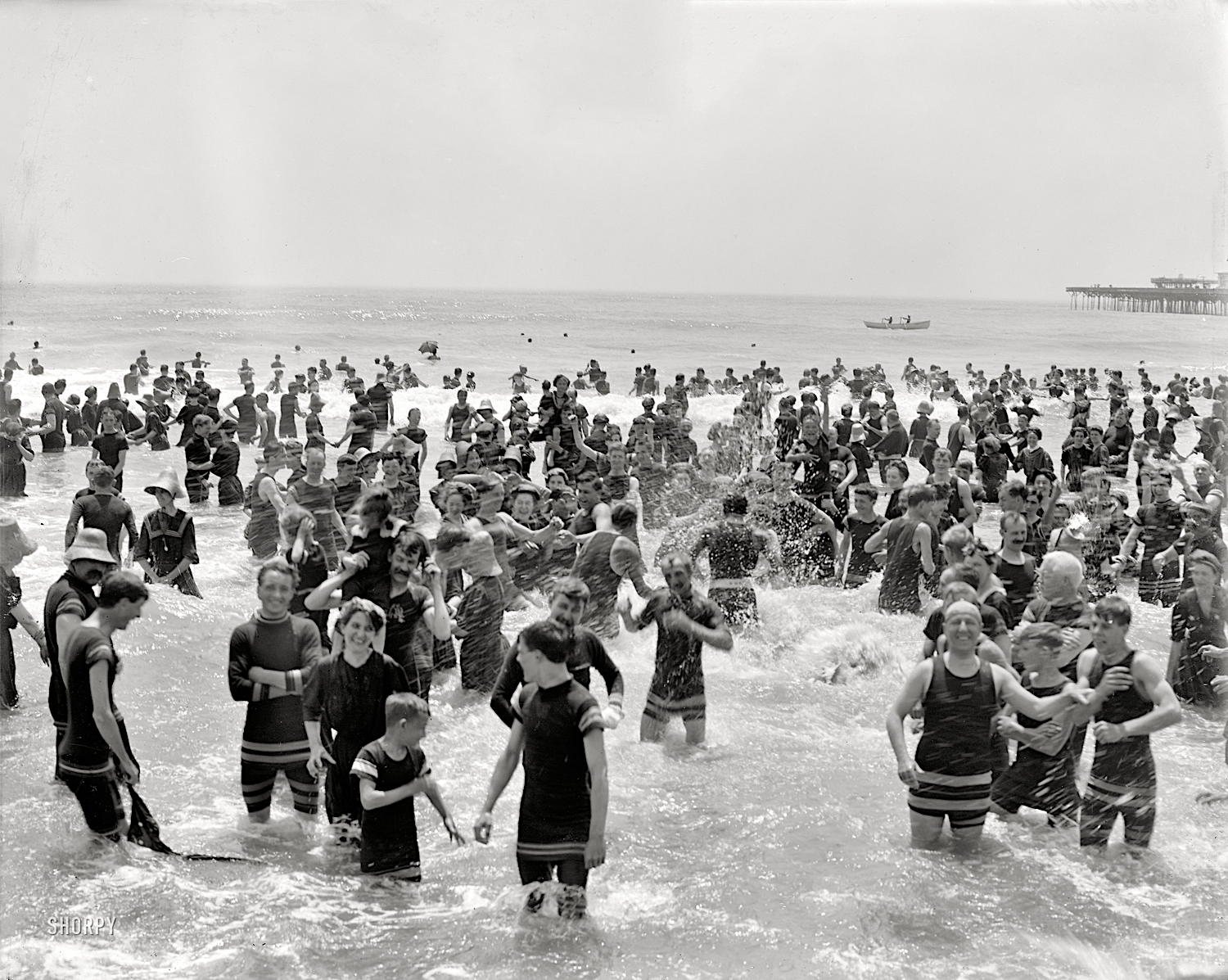
1910: It wasn’t the last summer but it was one of the last summers when America was at peace with the world and at peace with itself. The Civil War was a 45-year-old memory. The first of the World Wars that would scar the century to come was not even the shadow of a premonition. Lenin was an exile in Europe with no power and Mao was a student in Hunan. Hitler was living in a homeless shelter in Vienna selling paintings to tourists. Stalin was either being sent to or escaping from Siberia. Churchill was the Home Secretary in England and planning the first bit of social engineering, the National Insurance Act. Taft was President and his plan was “try to accomplish just as much [as Teddy Roosevelt] without any noise.”
Both the automobile and the electric light were ubiquitous. Air conditioning was still a wild fantasy, but the swamp cooler had begun to come online in 1904 so it wasn’t completely out of the question for the very rich.
Halley’s Comet had just passed by taking Mark Twain with it. Somewhere in Macedonia Mother Teresa had just been born. If men looked up they could have seen, had they been in the right place at the right time, other men in flight. If any had been in Sheepshead Bay outside of New York City on the 20th they would have heard the first gunshots ever fired from an airplane. Individual lives might have their small tragedies but there was no perceptible or imaginable catastrophe in the cards dealt Americans that summer. It was August and everywhere Americans paused to refresh themselves.
Presented for your contemplation: One wave breaking over a group of Americans who have waded into the Atlantic on the Jersey shore sometime around noon on a hot day in August 1910.
The wave would have swelled up and started out far over the eastern horizon near the edge of the Gulf Stream. It would have rolled with strict impunity in the midst of thousands of others like it, all bound towards the shore. The photographer would have gotten up early and hauled his cumbersome equipment towards the shore. The bathers would have arrived in the late morning if they were not already staying near the shore.
Once there they changed into swimming apparel known more for modesty than comfort. From the light it was around noon and would have been hot. Seeking to be cooler they waded in. Some stayed near the shore. Others waded further out into the steadily deepening water.
On some kind of elevated platform above the sand, the photographer put the 8×10 glass plate into the camera and ducked under the black hood for final adjustments. Then he stood up and called out and called out and called out and finally got the attention of some. Most ignored him.
The wave rolled in from somewhere over the horizon, rising up and down, maybe cresting here and there, until it swelled one last time and, just as the photographer happened to release the shutter, jumped up in that one moment and splashed and spattered the unwary people posed and unposed in the cool salt water just off the beach on the Jersey shore.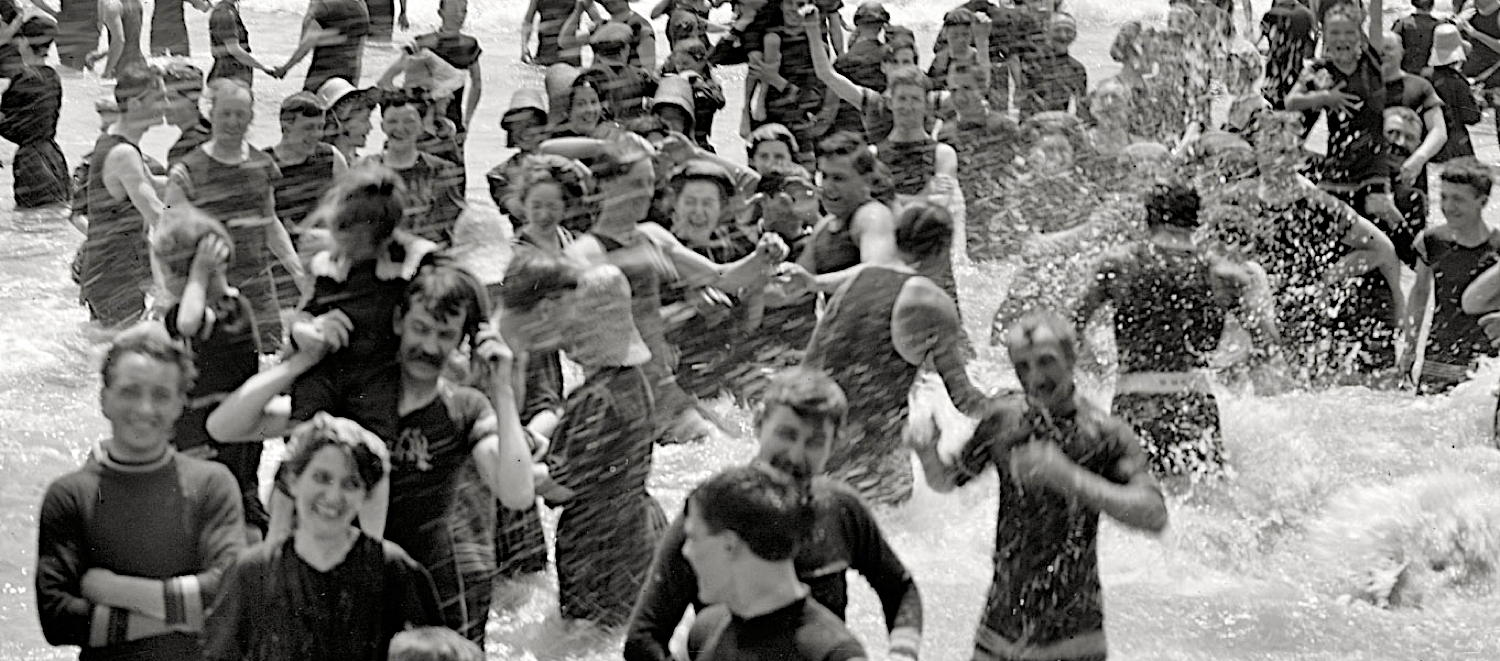 That was the moment, less than a second, in the midst of that summer now more than a century gone. All, each and every one, of those nearly 300 souls are now gone as well, even the children held on the shoulders or standing in the shallows, all gone — all perhaps, maybe, save one now almost silent centenarian.
That was the moment, less than a second, in the midst of that summer now more than a century gone. All, each and every one, of those nearly 300 souls are now gone as well, even the children held on the shoulders or standing in the shallows, all gone — all perhaps, maybe, save one now almost silent centenarian.
Well, what of it? That’s the way of the world and the way of the waves of the world and our lives. What we have is this moment snatched out of time on the Jersey shore one afternoon in August before the last century went smash. Who is there? What were they like? It can’t be known, but it can be seen and what can be seen, at least in this one moment, is that these people had what anyone would recognize as that thing we call happiness. Let’s see what we can see of it.
We can see the chaos ruining the photographer’s carefully composed moment with a splash soaking those nearest and plastering down the hair of a man who was probably balder than he would like to be

We can see the young girl not entirely pleased with being drenched from the security of her father’s shoulder.
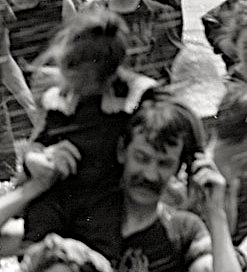
We can see those who are not particularly interested in being recorded on film for another century they would never know and gaze at something, at what?, that is just beyond the frame.
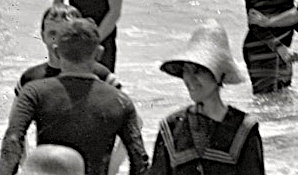
We can see one person who is concerned enough about the sun to carry a parasol with her out beyond the group until she is shoulder deep in the Atlantic and looking off at the horizon or contemplating the spatter of sunlight off the rollers.
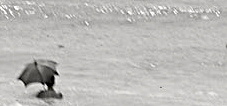
Closer in towards shore, we can see two sweethearts looking at each other and liking what they see in each other’s eyes.

Closer still we can see at least one who has not disappointed the photographer and is determined to present a smiling face to the ages.
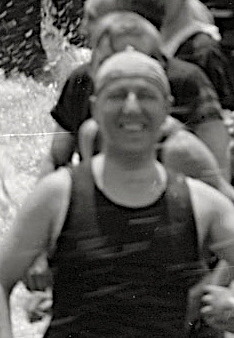
We can see those who, in their frumpy and modest bathing suits, hold hands as the water deepens.
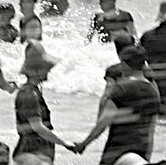
We can see those who smile and clasp each other ignoring the rout and the riot of water and waves around them.
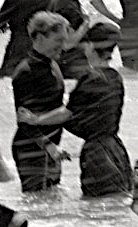
In the middle of the splash, we can see the young man, full of life and ready for anything, held up high by his father, shouting out and waving down the years as if to say hello from a great summer day in 1910.
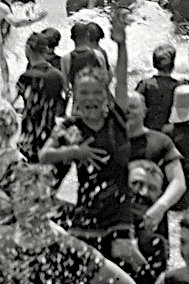
Out beyond the bathers two men in a boat row past. Heading south. Perhaps for exercise. Perhaps as guards that would scoop up and return to life any bathers who had been swept too far from shore.
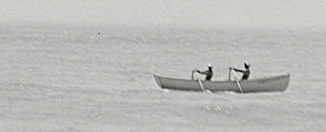
And then, finally, at the extreme right side of the frame we see two hands; the hands of a man moving towards the splash and the picture, but now caught forever just outside the frame; just a second too late to find himself forever frozen at this moment that I can see now, a hundred plus Augusts later. One step quicker and he would have been there. But at least his hands made it.

Maybe that’s enough. It’s August again in America. Maybe not the happiest August in our history, but it’s been a hard century so far, and is due to get harder.
We owe ourselves at least one more day at the beach.



![That Was the Whopper Weekend That Was [Illustrated] welcometohell](https://americandigest.org/wp/wp-content/uploads/2021/05/welcometohell-150x150.jpg)




![Allen Ginsberg: The Interview, <strong> ➡ 1972 ⬅ </strong> [Republished by unpopular demand] ginsbergnirvana](https://americandigest.org/wp/wp-content/uploads/2022/05/ginsbergnirvana-150x150.jpg)
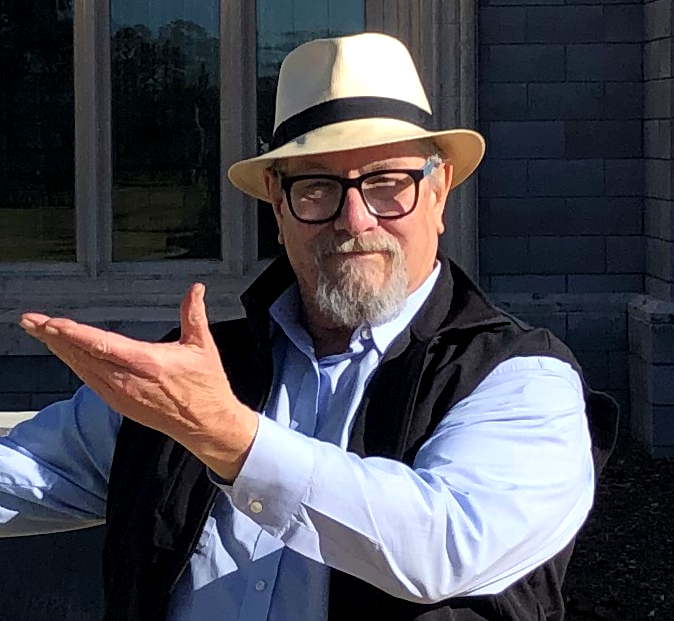 Gerard Van der Leun
Gerard Van der Leun





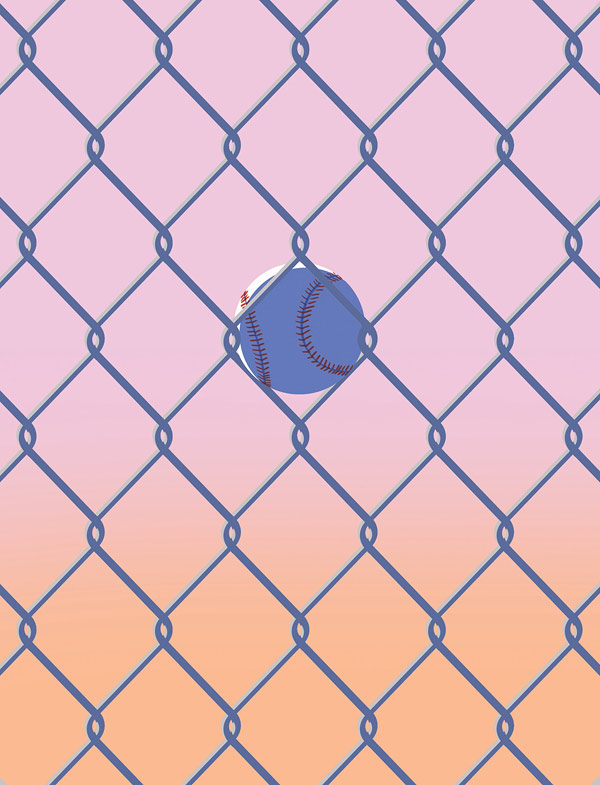
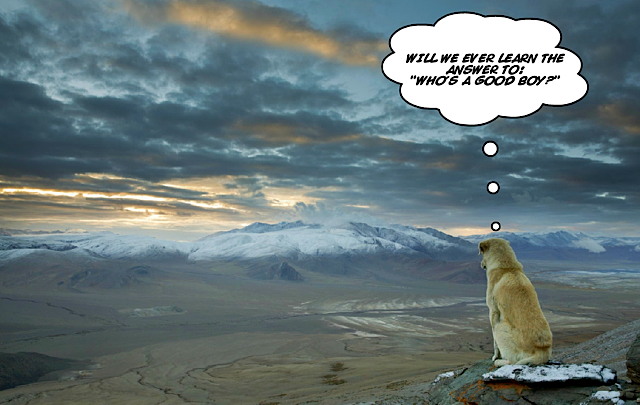

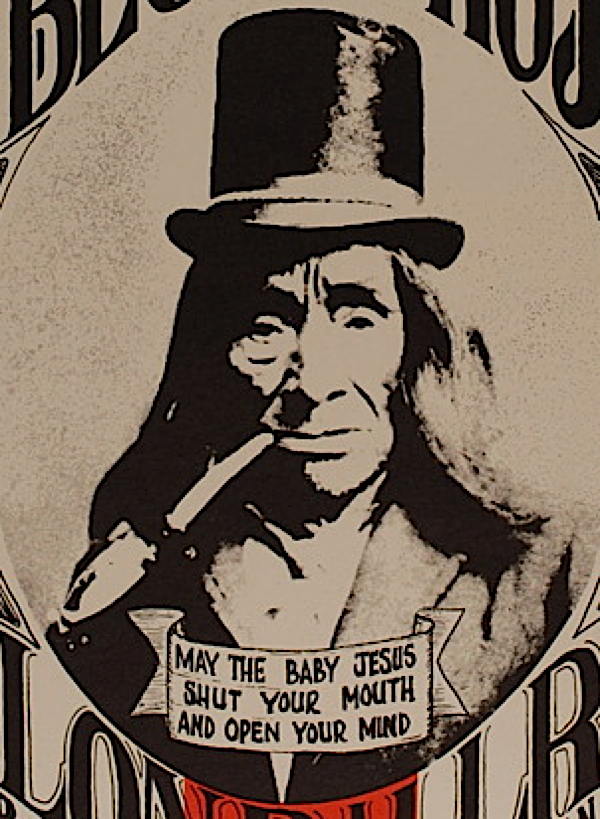

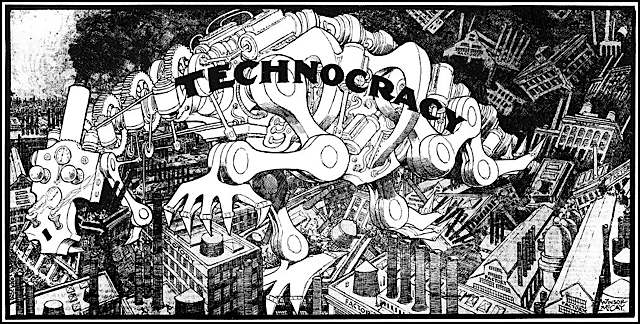

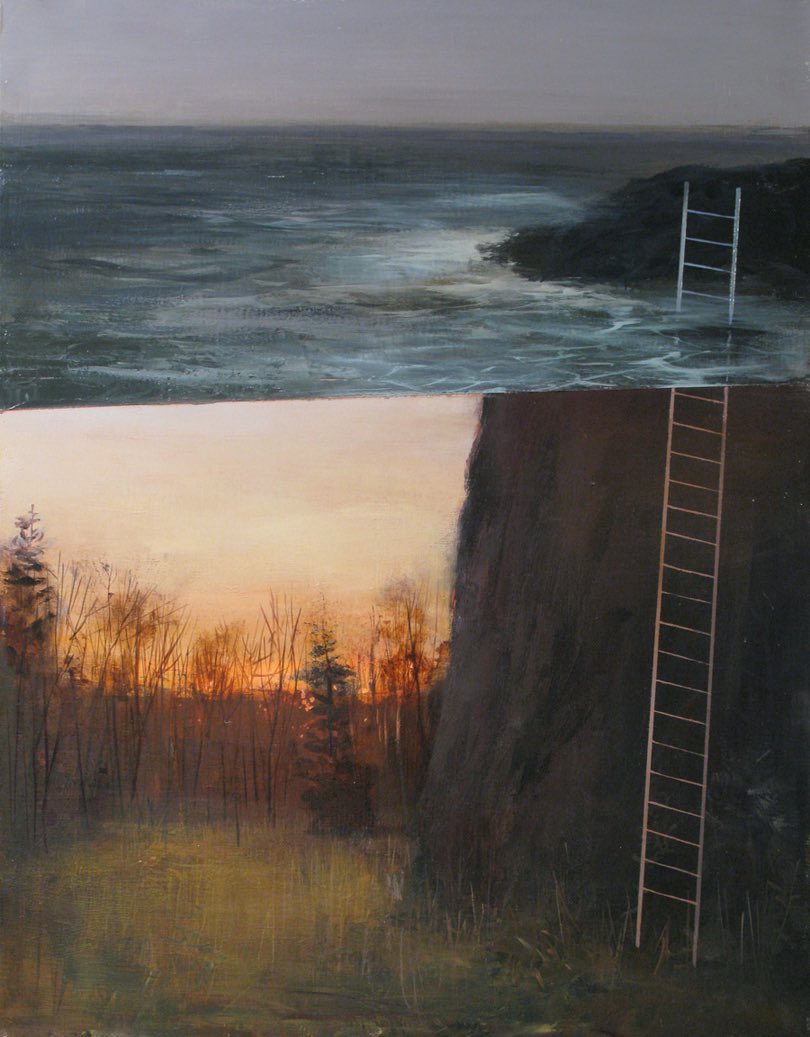
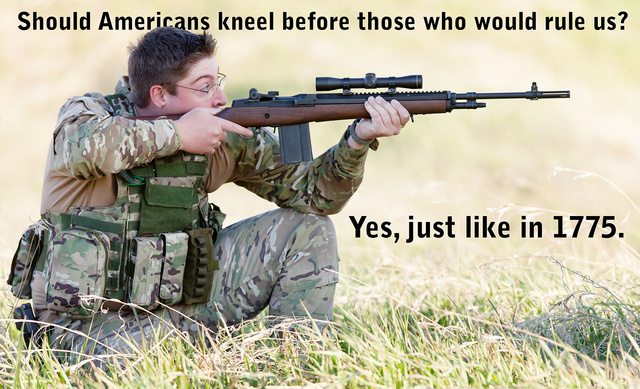

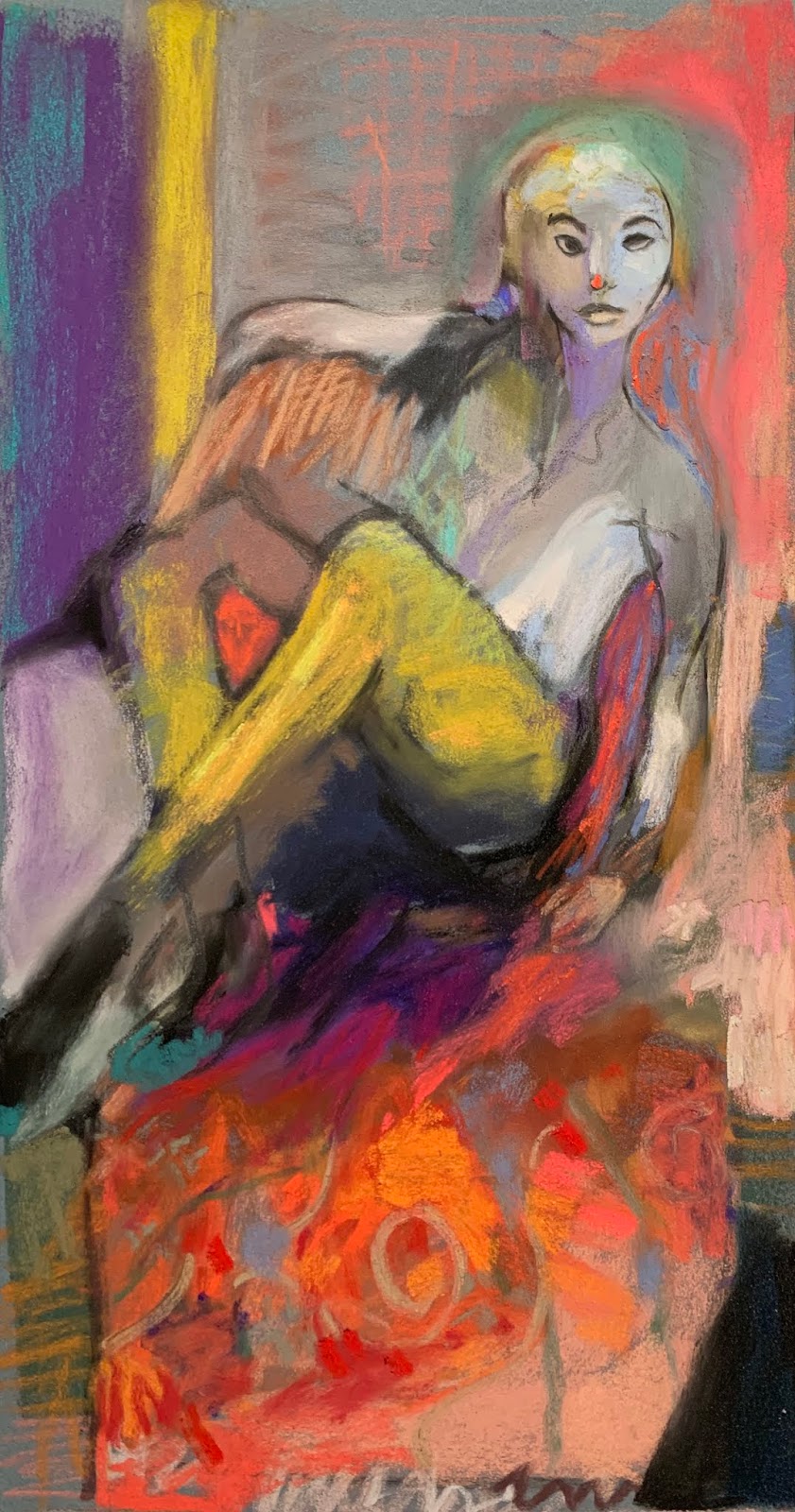
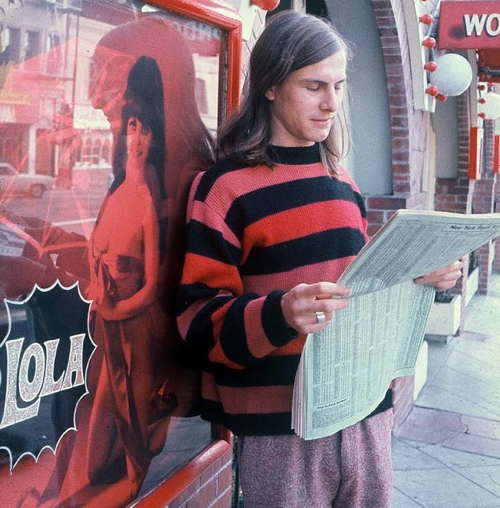
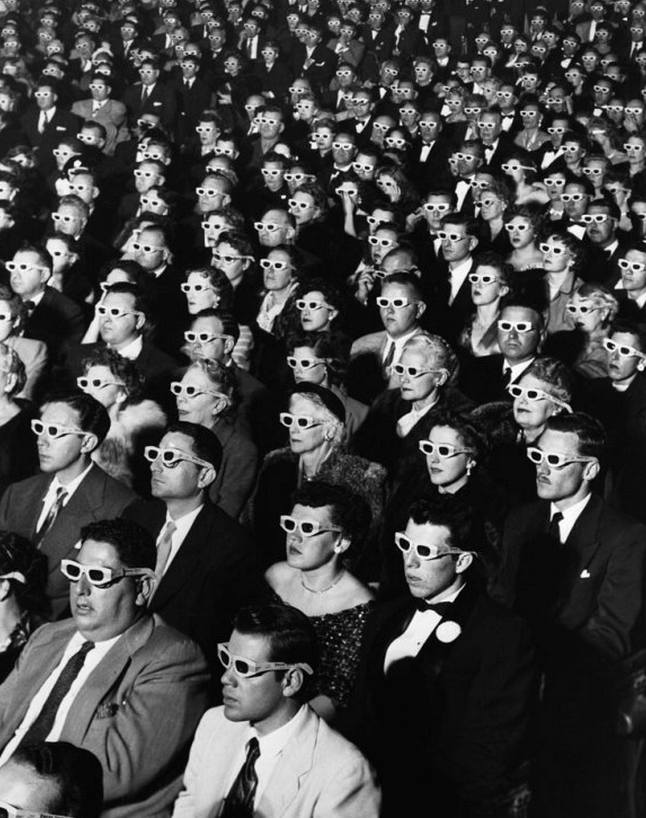
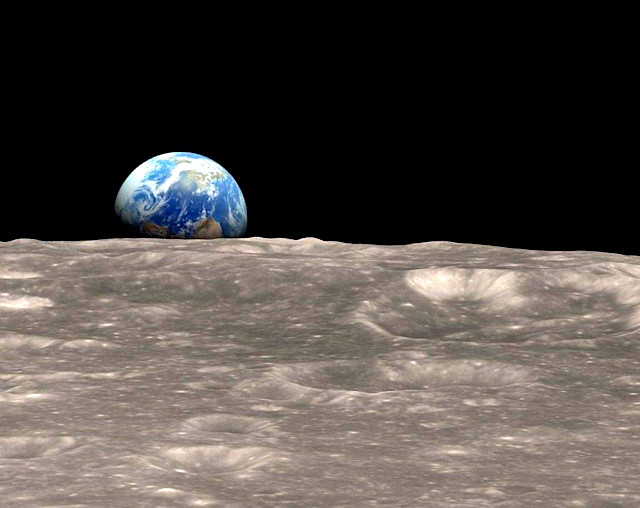


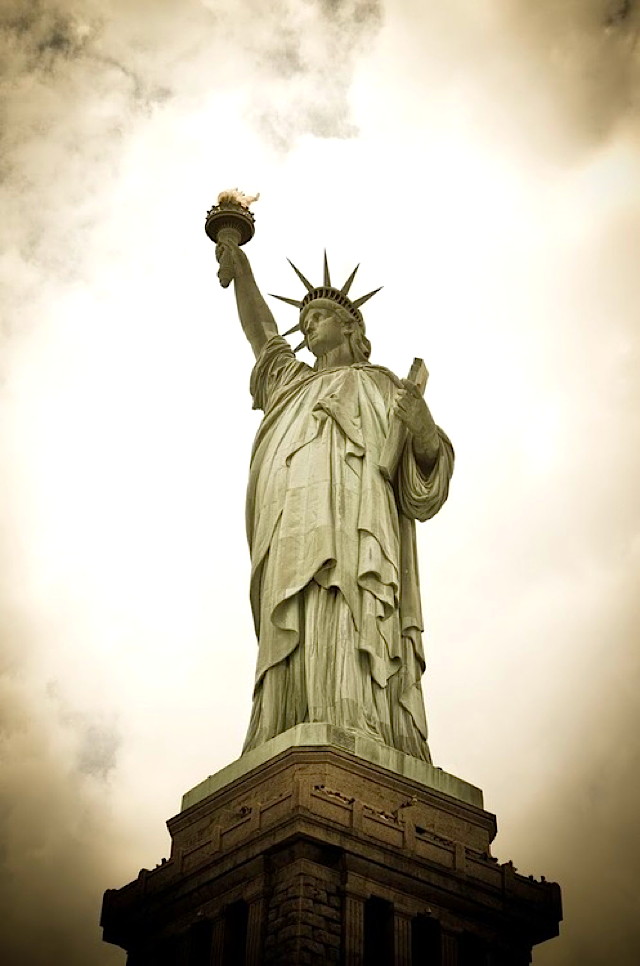


Comments on this entry are closed.
The man running from the camera, slightly right of center, has been in other photographs of the time, five years either side. In at least two photographs, he appears to be talking on a hand-held telephone. In another photograph, he is using an electronic tablet or pad. A vacationer from afar, perhaps.
Beautiful commentary.
Metaphorically speaking, I haven’t been to the beach for ages. I sure could use a day getting sand in my toes.
How many of those men went off to the battlefields of France never to return?
Beautifully written Gerard. Thank you for the nice interlude from my usual thoughts. Happy Sunday.
Oh Lordy, to imagine being able to drift back in time to experience the sensations of our world from the beginning of time immemorial. Things that our mind cannot imagine, our eyes cannot see and ears not hear…wonder if that could be one of the joys awaiting us? I would be happy to experience once again walking down our main street holding my Mother’s hand as a boy as we sat down on to an old-fashioned sundae and hamburger at the local drugstore…may I be worthy.
Nice article, but by 1910 the camera was relatively advanced as well. Flexible film cameras like the Kodak Brownie were already widely in use since 1900. These cameras were basically “point and shoot” and did not require much in terms of set up or additional equipment, especially for bright daytime shots.
Julio…what a beautiful post…brought back so many happy memories. I remember well my mother taking my sister and me, by bus, to Woolworths on a beautiful summer day to have lunch and a strawberry ice cream soda at the counter. I concur…”may I be worthy.”
This is beautiful. I wonder, is it possible to obtain a print of the photo? If so, do you know where?
It would seem so. The originating site, Shorpy.com, sells prints of its images. Here’s the link for this photo.
http://www.shorpy.com/store.php?targetnode=10978&height=409&targetttl=Ocean%20Spray:%201910&picurl=files/images/4a18711a.large.jpg
Exactly what I wanted, thank you so much!
Here’s a large one, 1000×798.
http://4.bp.blogspot.com/-6fV_JBqCEwA/VMfKe8nVOOI/AAAAAAABQDo/YddLyr6rBFY/s1600/Atlantic%2BCity%2C%2B1900s%2B(22).jpg
What strikes me is how handsome and healthy looking those people were, compared to a random group of modern Americans.
Quent: I had similar thoughts when first seeing the photo. Also, notice how few (I don’t see any) overweight and obese people are there. Did they just stay at home or, more likely, not exist then in the numbers they do today?
and a huge pier on the right side, given that the shoreline does not jut out. Pier I remember at Seaside is toast due to Sandy
Man, oh Man, Uncle Gerard, you really have a knack for this wordsmithery stuff!
Thanks for the reprise. Many good comments, especially about the lack of obesity.
On the other hand, the Moro Rebellion in the Philippines was still underway. It lasted from 1899 to 1913. Pershing and others got famous there.
I share Doug’s thought. My grandfather fought in the Ardennes, and my father fought over much the same territory a quarter century later
I also have the same thought regarding all those young boys in the American Bandstand reruns on YouTube.
I’m not castigating the “how many went off to battlefields’ posters, feel free to define and delimit the world as you want but sometimes, as Gerard notes, it good to just enjoy, and share, a day at the beach.
What strikes me the most about scenes of people from the long past is how much there are just like us (who are still alive today).
One of your very best, Gerard, thank you.
Wonderful! Lovely, evocative essay…thank you.
My mind–or soul–has chosen to capture several moments like this. They are short video pictures that end in a still shot. Perhaps the clearest and brightest is that day in early 1967 while I was walking up to the Mark Hopkins Hotel in San Francisco. The day was very bright and clear and the light was stunning. I remember the boys/men in their new uniforms– so many of them spending their last free day before leaving for Viet Nam. Their uniforms were so clean and well fitting–they seemed to be excited in the anticipation. Because I was walking in the high end neighborhood–most of the young men were of officer corp. I still see the light, the uniforms, their faces–on the cable cars, walking around the square, standing in the bar at the “Top of the Mark” gazing out the windows trying to see the future. So full of America’s best. That’s one of the few images that has remained as it was–like a still photo.
https://uploads.disquscdn.com/images/08d5fc28bd69ec437316a2ce43dfae3dde608eb76386e8cd4fb16061a54329eb.jpg
;^{
Awesome GV, Does anybody here really care, what the left does or thinks?
If there were a Pulitzer prize for blogging, Gerard would be a shoo in to win it. Multiple times.
I have a theory, which is mine, that nothing that God loves is ever forgotten. A captured moment such as this speaks of billions of others, yet even so, just such a little glimpse and we are all there, not just observers, but participants: splashing, playing, feeling the swirl of water and sand around our feet, hearing the voices of excited chatter, smelling the salt air and the occasional waft of cooking hot dogs and cotton candy drifting from the boardwalk. The feeling of being too hot and salty at the end of the day, sitting in wet clothes on the shore, in a beach chair or on a towel or just idly tracing patterns in the hot grains, waiting to get dry enough so the sand can be brushed off your arms and legs, then up to get a hot dog or a cold drink of lemonade, or maybe even an ice cream cone…
Yes, we weren’t there, but we are there, nonetheless.
Thanks, Gerard.
It makes me think of a day in my 12th summer when Mom took us to the Dairy Queen at the edge of town in her old white Falcon wagon, the Texas heat rolling in through the open windows (A/C was broken, never fixed), “Ding Dong! The Witch is Dead” playing on the radio, and springing for 19-cent Jiffy Burgers which we ate in the car, in the heat and all was good for that little while.
Maybe it’s the “black and white” context that many of us can relate to.
We’ve seen ourselves in that context.
Our son, now 42, has never been in a black and white photo.
B&W cheats the eye, makes it work harder, fill in the blanks.
About 90% of the stuff my wife and I watch on TV (DVD’s and streaming) are old shows in black and white. A common thing for us to do is to try to guess the color of a car, or horse, or house, or a persons eyes.
cold hearted orb that rules the night, removes the colors from our sight
red is gray and yellow, white, but we decide which is right, and which is an illusion
–mb, 60’s
Just in case no one ever mentioned this, you are a great writer…..
That was one year before my grandparents loaded up their goods in an ox-drawn wagon and walked from Tennessee to Texas on unpaved roads, she with a baby on her hip, to take up farming. We think we have it hard now.
Rebecca, a lot of my forbears made that journey also. There seems to have been two jumps, one from the British isles to Appalachia, and another from there to the high plains.
1910: Before the World Wars. Before the Federal Income Tax. Before the Federal Reserve. Before the CIA and NSA and FBI and ATF and DOJ. Before Brown v Board. Before the Department of Education. Before the 17th Amendment. Before open borders. Before television. Before that damned Wilson. Before the Pentagon. Before mass media. Before the imperial congress.
And so on. Not Eden, but perhaps Arcadia. The way we were.
Your eloquence never ceases to amaze. That photo has always been one of my favorites, but your ability to place it at that specific point in history is beautiful. Thank you very much
Your poem, “Caught in Traffic” and this piece are among the two best things your have written. I read both a few times each year, especially as I get older.
You’re gonna hafta wait another 4 months or so for his BEST piece.
It takes place in a book store.
Remember?
I always think about these things as well.”Where I once was,so shall you be”.
Alarmingly, I do not believe that is a real photo. Where are all the fatties?
And more importantly, where are all the negros?
I absolutely love the lead into this photo and the description of what could have been the feelings expressed in the close up shots posted. I know that feeling so well, especially in the Fall of the large waves coming in and jumping or diving under or riding them in. It took me about 60 years to realize to turn sideways to cut the strength of the wave from knocking you over rather then standing straight forward and taking the blow.
Thanks for this wonderful piece.